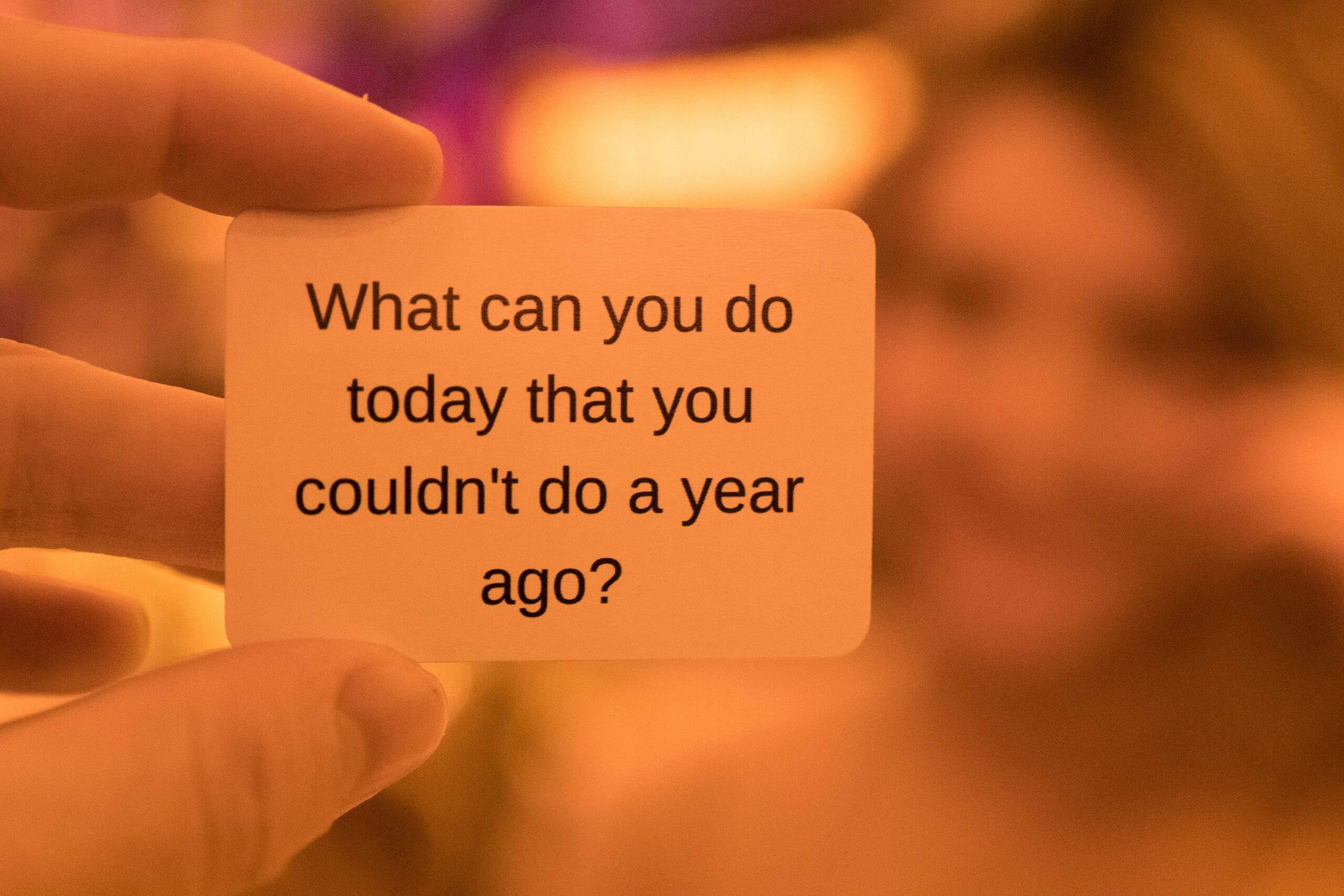The start of a new year feels like a fresh start, full of hope and opportunity. For some people, New Year’s resolutions can be a great vehicle for improving themselves. Finally making changes that have been a long time coming. Whether it’s getting fit, giving up smoking, or improving your finances, promising yourself better things for the New Year can be great for your mindset. The intention behind them, after all, is almost always positive.
Yet for others, resolutions can be an unnecessary pressure. A surefire way of setting oneself up for failure. Is it really realistic to try and take on a healthy diet, when our cupboards are still full of Christmas treats? And what impact does it have on our mental health when we set these expectations and fall short? Can a ‘New Year’ really mean a ‘New You’? Let’s explore the nuances around the impact of New Year’s resolutions on mental health, and why they aren’t always great for our long-term mentalities.
1. What if you’re not ready for change?
A big reason for why so many fail in their resolutions is that the change comes at the wrong time. Change should happen at a time when you genuinely are in the right mindset, and fully believe in the need for the change. This time will not always be the start of a new year. After all, what really changes when one year turns into another? You’re still the same person in January, and will likely fall back on the same habits as you did in December.
Change shouldn’t be triggered by tradition, but by yourself. Thought and time reflecting on yourself comes before any long-lasting lifestyle changes. A lot of planning and psychological preparation must come before we act on our aspirations. If a resolution is based on impulse or societal pressure, or if you don’t feel like you absolutely need to change at this point in your life, it will be hard to do so. This will likely cause frustration when you are unable to hold yourself to your resolutions, and ultimately damage your mental health.

2. Failure is not flattering.
Despite the positive intentions of resolutions, the mindset with which we approach these changes can be less helpful for our mental health. Resolutions will often be vague declarations of big changes to our lives, but they can be hard to fully achieve if we don’t give ourselves flexibility and space to adapt. Unrealistic expectations for ourselves will only lead to frustration.
It’s important to give ourselves grace to make mistakes, and still have the determination to keep going despite this. Big changes to our lives will be hard to achieve – that’s why we make such a fuss about going after them! There will be challenges in sticking to them, and this shouldn’t be surprising or disappointing. If we treat resolutions like an all-or-nothing quick fix to our lives, we’re sabotaging ourselves before we even start. We risk giving up on ourselves the moment we fall short of perfection.
When we hold such high standards for ourselves, failure can seem inevitable. Perhaps this is why up to 80% of people give up their resolutions by February, and only 8% manage to keep them throughout the year.* Such statistics not only highlight how difficult it is to succeed in New Year’s resolutions, but also the hampering effects failure would inevitably have on mental health.
3. If it ain’t broke…don’t fix it!
As well as this pressure on ourselves, the external pressure from society to make resolutions can also have detrimental effects on our mental health. The pressure to change something about your life can create stress and result in resolutions that lack authenticity. Statistically, 18% of Britons feel pressured to set a resolution for the new year, and this is even higher amongst 18-34 year olds, at 37%.* There is a societal idea that we should want to “fix” our lives in some way in the new year, and social media enhances the perception that everyone is doing this.
As a result, many resolutions are influenced by the desire to fit in with societal standards for what our lives should look like. Sometimes, this can lead us to scrutinise things that we were previously content with, and fix things that don’t need fixing. The desire to make your life “perfect” can sometimes do the exact opposite, affecting your contentment and happiness.
You don’t have to declare your resolutions on the internet to prove you’ve got your life together. The best results will come from the pursuit of personal growth, unconnected to anyone else.

4. Superficial resolutions = superficial results.
With this pressure from all angles, New Year’s resolutions may end up being shallow and superficial. They are often based on appearances rather than positive personal growth. The most common resolutions, making up 62%, are focused on weight loss or physical changes. As a result, many will resort to crash diets to fit standards and achieve their goals, which cannot create long-lasting change.
Social media is a big part of this, enhancing unrealistic expectations for body ideals and lifestyles. It is important to consider whether resolutions about weight-loss and drastic appearance changes are rooted in societal pressure to conform. These goals will ultimately only damage self-confidence and self-image, whereas individualised lifestyle changes will create realistic and long-lasting health changes. New Year’s resolutions can shift priorities in the wrong direction, leaving us chasing unattainable goals.
For long-lasting change, a deep psychological understanding of the reasons for these changes is essential. You must be determined to do it for your own standards rather than anyone else’s. If your decisions are based on other people, this determination is unlikely to be achieved.

So there you have it, 4 reason’s not to make a new years resolution in 2024. But though we should be wary of the strains New Year’s resolutions can have on our mental health, it’s also important not to dissuade people from pursuing positive change. Just remember, you can’t change with the strike of midnight! Giving yourself smaller, achievable goals at whatever point in the year suits you, is probably more sustainable and easier on your mental health than making grand declarations of change whilst nursing your first hangover of the year. Don’t set yourself up to fail, at quite literally the first hurdle. Instead, why not reflect on last year’s successes? And manifest more of the same!
